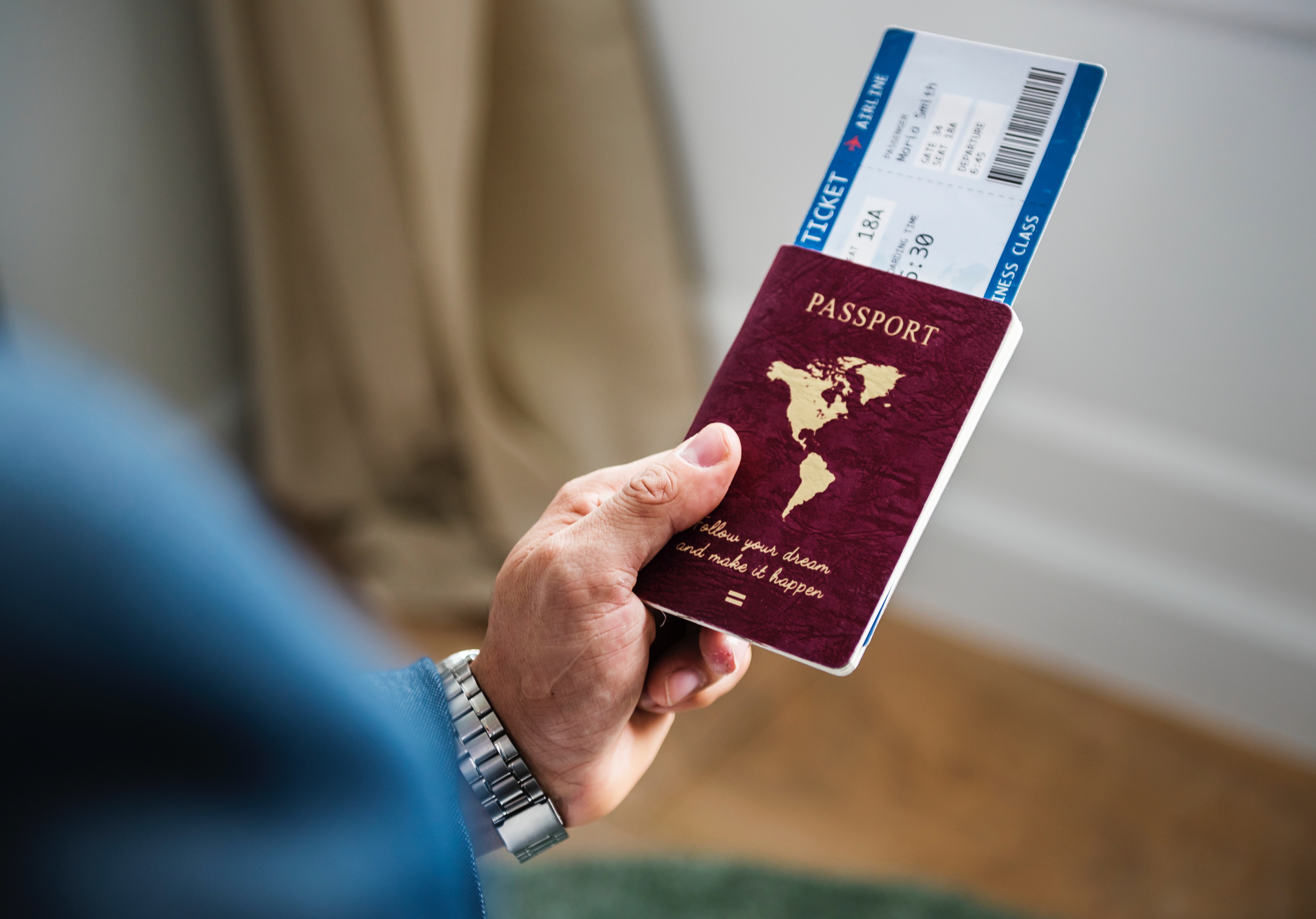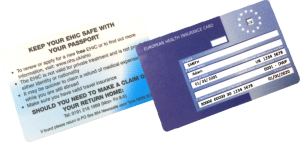Travel documents

Passport, Visa, Travel Authorisation
As well as your health, make sure you have sorted all the other documents and policies needed for travel. This includes making sure your passport is valid and you have the necessary visas and travel authorisations for the countries you are travelling to.
Insurance and healthcare
You should always take out travel insurance when you go on holiday to make sure you are covered in case of accident or injury, or if anything gets lost or stolen.
Remember to declare that you have type 1 diabetes when you apply, and make sure your policy will cover you. If you don’t declare this, you won’t be covered for anything that relates to your diabetes – and it will end up costing you a lot more than the policy would have.
The cost of an insurance premium will depend on which countries it covers, based on the normal cost of medical care there. This means that policies that cover the USA, for example, will have higher premiums.
• The UK has healthcare agreements with some countries and territories which cover urgent and immediate treatment – the list of countries can be found on the NHS website. These agreements don’t cover routine monitoring of pre-existing conditions – like diabetes – but will cover urgent care made necessary by these conditions.
Pay attention to what your plan covers. It should ideally cover your return to the UK in an emergency. Also be aware that if you’re taking part in any activities the insurance company considers dangerous – such as diving, base jumping or white-water rafting – this is not automatically covered by every policy.
• If you use an insulin pump, make sure your policy will cover your pump getting broken or stolen.
Don’t be afraid to shop around. Having diabetes may increase the cost of the insurance premium, but many places will inflate the risk and the price – particularly if you’re buying from travel agents or tour operators. Check online yourself for the best deal.
European Health Insurance Card (EHIC)
If you’re travelling within Europe, you should apply for a European Health Insurance Card (EHIC).
It’s free, is valid for five years, and covers the cost of any necessary treatment in any EEA country or Switzerland – though it’s not valid in the Channel Islands, the Isle of Man, Monaco, San Marino or the Vatican.
The EHIC gives you the same access to state-provided medical care as a citizen of that country. Check before you go what that means in practice in the country you’re visiting, as some places have free healthcare while others require you to pay at the time and get reimbursed later. A full guide to healthcare in the countries covered by the EHIC is available on the NHS website.

EHIC card – You can apply online, by phone or by post. Alongside standard details like your name and date of birth, you’ll also need to provide either your National Insurance number or your NHS number – if you’re from Scotland or Northern Ireland, you can also use your CHI (community health index) number or Care Number. If you don’t know your number, you should contact your GP’s surgery.
The EHIC doesn’t cover you if you’re moving abroad to live, work or study – if this is the case, you need to register with the appropriate authorities in the country you’re living in. As a general guide, an EHIC will not cover you if you’re going to be in the country for more than 12 months. It also won’t cover you if you’re going abroad specifically for treatment or to give birth.
This card does not replace travel insurance! Not all places have nationalised healthcare, and some services – like mountain rescue at ski resorts – are always private and therefore not covered. It also won’t cover the cost of sending you back to the UK for treatment, if this becomes necessary.
If you travel to Europe without your EHIC – for example, if it hasn’t arrived by the time you leave, or if you forget it – and you end up needing treatment, you can be issued with a Provisional Replacement Certificate, which would also prove that you are entitled to an EHIC. To get this, you can phone the Overseas Healthcare Team on weekdays during normal working hours. This is a lot more hassle than carrying the card, though, and you might have to pay for treatment before you get it.



Leave a Reply
You must be logged in to post a comment.